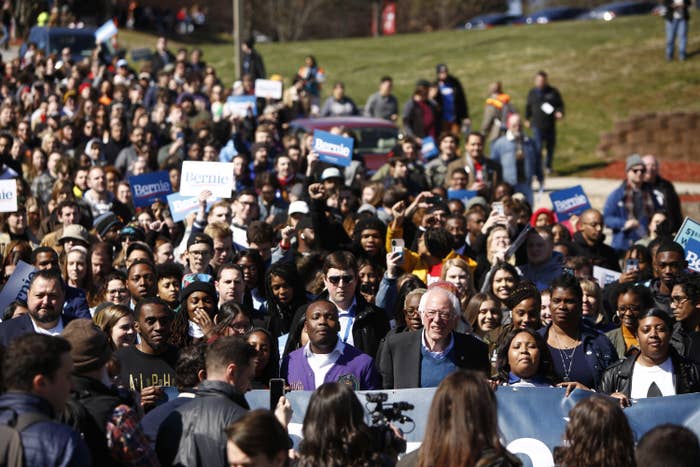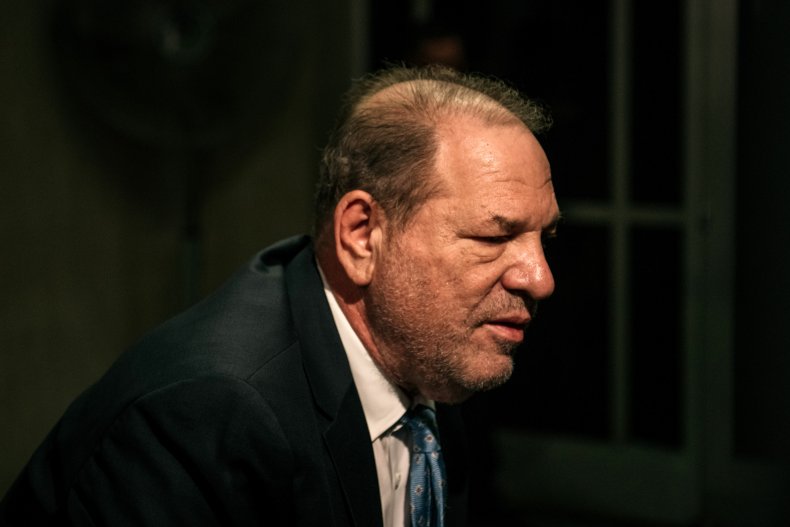⬆️⬆️⬇️⬇️⬅️➡️⬅️➡️🅱️🅰️start.
CHEAT FOR EIGHTIES VIDEO GAMES
Lauren Strapagiel BuzzFeed News Reporter
Posted on February 26, 2020

Konami
The man who helped you cheat your way through old-school video games has died.
Kazuhisa Hashimoto was best known as the creator of the Konami Code: up, up, down, down, left, right, left, right, B, A, start.
His death was confirmed on Twitter by Yuji Takenouchi, a friend of Hashimoto and a video game sound designer. Hashimoto was 61, according to reports.

TECHNOuchi ♓️🅰@TECHNOuchi
コナミコマンド「上上下下左右左右BA」の生みの親であるプログラマーの橋本和久さんが、昨夜、亡くなられたとのこと。ご冥福をお祈りいたします。08:22 AM - 26 Feb 2020
Reply Retweet Favorite
onami tweeted its condolences, calling Hashimoto a "deeply talented producer."

Konami@Konami
We are saddened to hear about the passing of Kazuhisa Hashimoto, a deeply talented producer who first introduced the world to the "Konami Code". Our thoughts are with Hashimoto-san's family and friends at this time. Rest In Peace.04:36 PM - 26 Feb 2020
Reply Retweet Favorite
The Konami Code first appeared in Gradius, a game released in 1986. Perhaps more famously though, it was used in the Nintendo Entertainment System game Contra, where it granted the player 30 lives.
It's since appeared in numerous games as a fun Easter egg and the world's most famous cheat code. (It even does something fun on BuzzFeed!)
The Konami Code has become a ubiquitous part of gaming culture, and many took to Twitter to honor Hashimoto and mourn his passing.

ChikoritaCheezits (Local Kid Icarus Trash)@ChikoritaCheez
Creator of the Konami code, Kazuhisa Hashimoto has passed away. His impact on the gaming industry may not be as much as others, but the Konami Code is one of the most known codes of all time. RIP04:41 PM - 26 Feb 2020
Reply Retweet Favorite

Joël 🇩🇴@WeAreJoel
Just found out that Kazuhisa Hashimoto, the creator of the Konami Code, has passed away but his legacy will continue for as long as video games exist.03:59 PM - 26 Feb 2020
Reply Retweet Favorite
For many, discovering the code was a childhood rite of passage.

Josh Billinson@jbillinson
A babysitter taught me the Konami Code to get past a level I couldn't beat in TMNT on the NES and it opened a whole new world to me, a child who was terrible at video games https://t.co/qlyTfHDx1G05:37 PM - 26 Feb 2020
Reply Retweet Favorite
Even if you didn't know his name, you knew his legacy.

Fail Prime@FailPrime
"Programmer Kazuhisa Hashimoto, the creator of the Konami code, died last night." I dont think there is a gamer new or old who hasnt experienced, or heard of the Legendary "UP, UP, DOWN, DOWN..." Cheat code. The man made a lasting impact on all gamers. He will be missed.04:43 PM - 26 Feb 2020
Reply Retweet Favorite

Gal†Zar@JRoberts38
↑ ↑ ↓ ↓ ← → ← → B A "RIP KAZUHISA HASIMOTO" He is the creator of Konami code, your legacy will live forever sir, thanks for the great memories.05:57 PM - 26 Feb 2020
Reply Retweet Favorite
If you want to pay some gaming respects, the Konami Code can be found in dozens of games, including titles from Castlevania, Dance Dance Revolution, Metal Gear Solid, Silent Hill, Just Dance 3, and Mario Party 1.
Lauren Strapagiel is a reporter for BuzzFeed News and is based in Toronto, Canada.




 Disgraced movie producer Harvey Weinstein enters New York City Criminal Court on February 24, 2020 in New York City. Weinstein was convicted of sexual assault charges.SCOTT HEINS/GETTY
Disgraced movie producer Harvey Weinstein enters New York City Criminal Court on February 24, 2020 in New York City. Weinstein was convicted of sexual assault charges.SCOTT HEINS/GETTY



